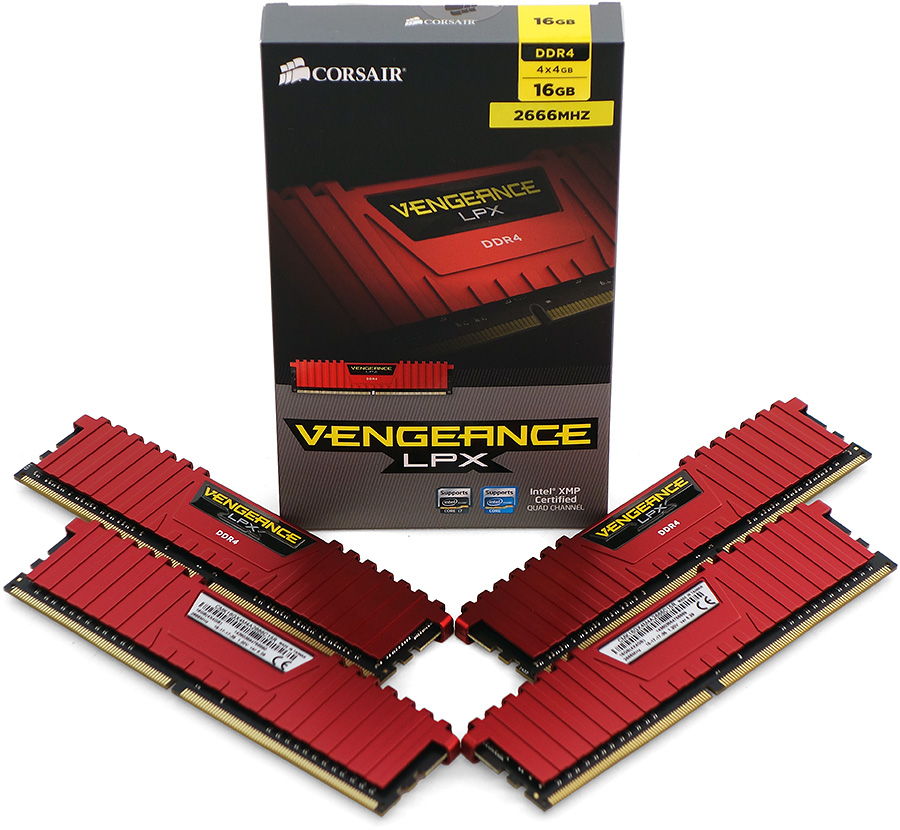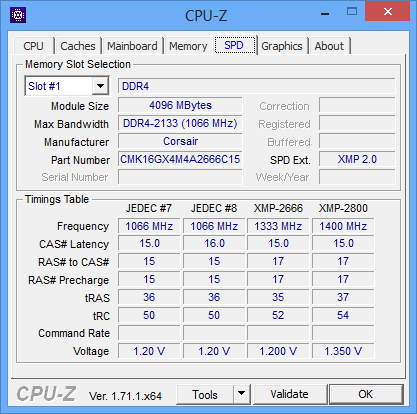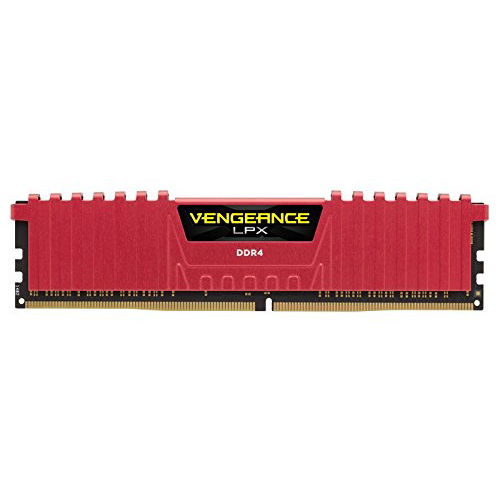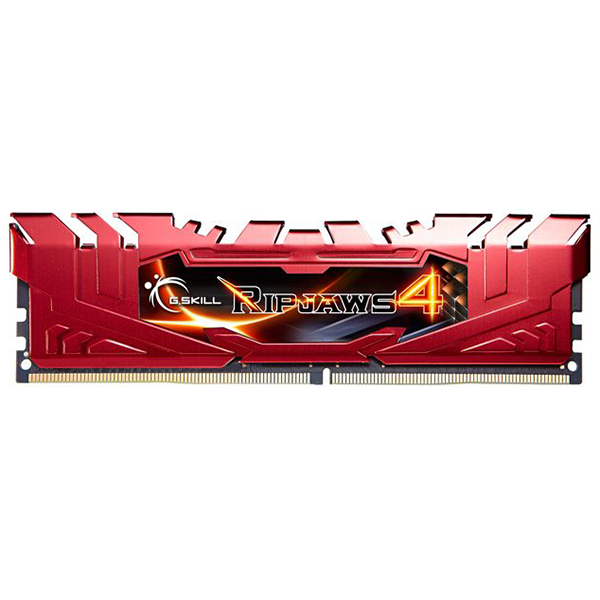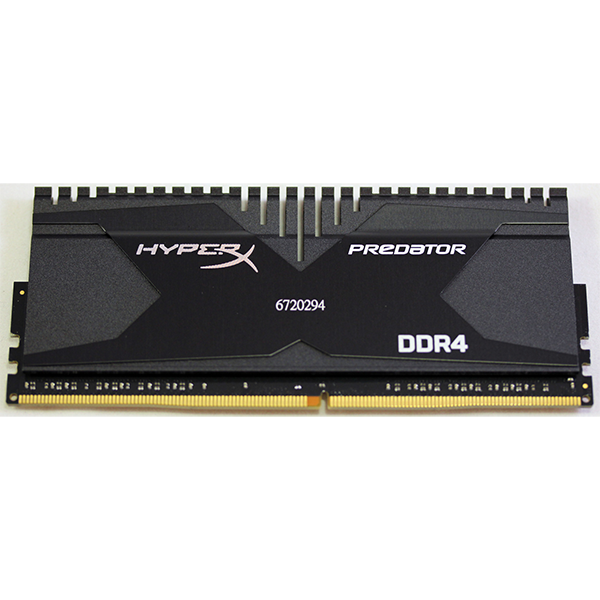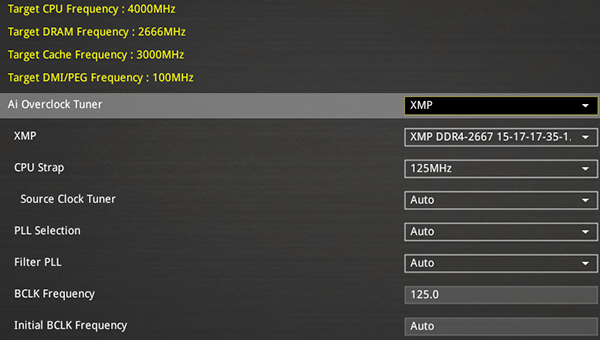Early Verdict
Our Vengeance LPX DDR4-2666 16GB quad-channel kit provides better overclocking at a lower-price than its “value-priced” DDR4-3000 competition. While your results may vary, we’d love everyone to report their in this review’s response thread.
Pros
- +
DDR4-2666 pricing in a DDR4-3000+ capable product
Cons
- -
Reliance upon overclocking for value means hoping that your sample is as good as mine
Why you can trust Tom's Hardware
Is There Such Thing As A Value-Oriented, Overclockable DDR4 Kit?
Frustrated in my efforts to find a better-overclocking DDR4 kit than the one I’ve been using, I first found sets with slightly less capability, but twice the capacity. Then I discovered a kit with a similar rating, but a lower price. Finally, I looked at an alternative with similar overclocking headroom and more features. If my only purpose was to find faster RAM, I was not successful.
Maybe a lower price would sweeten the juice. And perhaps it’s time I stop thinking like a reviewer and start pretending it’s my money. I mean, how many overclockers really want to pay more for their RAM than they paid for their high-end motherboard? For many of us, overclocking has always been about value!
With Kingston’s almost-value-priced DDR4-3000 barely able to overclock past its rating, I began to wonder if a lower-rated part from an overclocking-focused brand might be a little more flexible. Corsair’s Vengeance LPX looks the part, particularly in its CMK16GX4M4A2666C15R (that last R is for Red) limited edition. It’s cheaper than Kingston’s parts, and if it can match them in an overclock, we just might find a top enthusiast value.
Encouragement for this value-finding mission is spotted in the Vengeance LPX XMP registers, where we see that its DDR4-2666 rating comes at a mere 1.2V. Corsair even adds an XMP-2800 entry, just to act as a starting point for real overclocking. The rated timings aren’t great though.
Rated Specifications
Fortunately, as the DDR4-2800 XMP value shows, these are designed for overclocking. We’re putting them up against the previously-reviewed HyperX Predator today, while the reference kit that G.Skill sent serves its purpose by setting the high mark.
Something we noticed in our previous DDR4-2800 review was our motherboard’s tendency to use the CPU’s 1.25x BCLK strap whenever fast memory is used. One might expect the same board to use the default 100MHz strap whenever an Intel-enabled data rate is available, but the motherboard simply ignored its 26.66x data rate ratio (which is actually a 10x memory multiplier on a 4/3 internal memory controller ratio using a 100MHz base clock and DDR). The default DDR4-2133 ratio was instead applied to a 125MHz BCLK to match the rated DDR4-2666.
I could have proceeded from here using a 32x CPU ratio to maintain my previous 4GHz CPU test frequency, but I decided to forgo the 1.25x ratio in light of its instability on several of our previously-tested boards. The DDR4-2666 ratio for a 100MHz BCLK is available on every enthusiast-class X99 motherboard we’ve tested.
Get Tom's Hardware's best news and in-depth reviews, straight to your inbox.
Full details of my DDR4 test platform are available in my previous review.
Current page: Is There Such Thing As A Value-Oriented, Overclockable DDR4 Kit?
Next Page Overclocking, Tuning, Bandwidth And Latency-
blackmagnum I have to ask: Do these aluminum clip-on heat spreaders help with lowering the temperature or they just like huge spoilers on Honda Civics (I look fast)?Reply -
COMONGUISE I have to ask - When will Tom's show a comparison with DDR3? I know its on a different chipset, but we would really like to know.Reply -
SuperVeloce @tom10167: Well yeah, 1600 ram is enough for 99% home usage scenarios, no matter how much faster a DDR4 can be. But now you can already get 2666 cl15 ram (latency something like ddr3 1600mhz cl7, cl8), and if that's at 1,2V, even better. First ddr3 ram sticks for first amd ddr3 chipsets and core2 intels were terrible and with high voltage for faster models (I even saw 1,7V+). So in a way this time around latency drops faster and it's not even available yet in mainstream platforms...Reply -
Crashman Reply
Different processors make an inaccurate comparison, but you can compare two articles if you like. In fact we used the same benchmarks so that you could.15173990 said:I have to ask - When will Tom's show a comparison with DDR3? I know its on a different chipset, but we would really like to know.
On the other hand, comparing two articles to prove that DDR4 currently performs slightly worse than DDR3 is a futile task. Anyone who buys LGA 2011-v3 does so for its added PCIe lane OR added CPU cores. They have no choice other than DDR4.
Right, go ahead and pair DDR3 with your Core i7-5930k. Tell us how it goes. Thanks.15174259 said:They won't do that because then nobody would buy any DDR4 ram -
codo everything on my machine is blitzing as it should be but just cause I know this exists I want it.Reply -
CaedenV ReplyI have to ask: Do these aluminum clip-on heat spreaders help with lowering the temperature or they just like huge spoilers on Honda Civics (I look fast)?
To say that it did not help at all would be a lie... but it is mostly for looks.
I have to ask - When will Tom's show a comparison with DDR3? I know its on a different chipset, but we would really like to know.
When Skylake comes out we should see the first chips that can support DDR3 and DDR4 so we can see some true head-to-head comparisons. I suspect that DDR4 is (at least at the moment) no better than DDR3 in performance and only has an advantage in a performance per watt perspective. But like Crashman said: The first DDR3 modules (and controllers) were horrible and no better than DDR2 at the time. At least DDR4 is improving faster, and dropping in price sooner, than DDR3 did.
-
DDR4 is a bad joke right now. Kits are expensive, slow and low capacity. Where are the 16GB sticks? Timings of 15-15-15-35-2T?Reply
